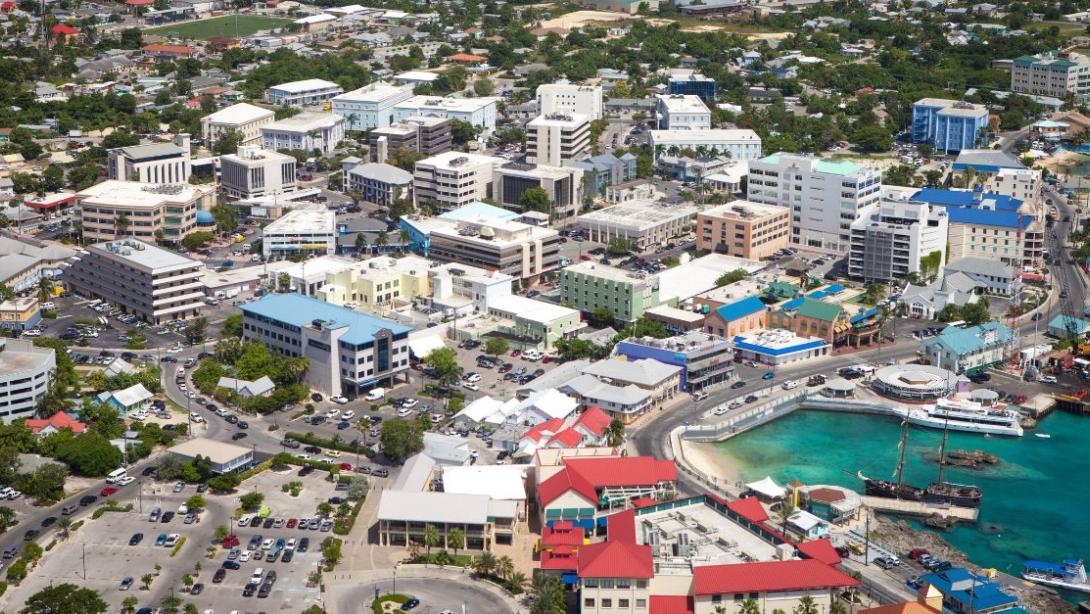
Family offices are rediscovering their risk appetites in search of improved returns as they count the cost of being overweight in cash over the past two years new research* from Ocorian, a specialist provider of alternative fund services and leader in entity administration, fiduciary and compliance solutions, shows.
99% of survey respondents say increasing exposure to alternative asset classes is a long-term trend
One way of seeking those greater returns is through increasing exposure to alternative asset classes such as capital financing, commercial developments as well as traditional alternative asset classes such as private equity, commodities and hedge funds – with 99% of survey respondents saying they agree or strongly agree that the increase is a long-term trend.
A third of respondents are seeing increased exposure to alternative asset classes in the Americas
Around a third of respondents (32%) said that they were seeing increased exposure to alternative asset classes in the Americas, which chimes with the first-hand experience of Ocorian’s Cayman team.
Conrad Proud, Private Client Director for Ocorian in the Cayman Islands, said: “There is a growing global trend for deploying private capital in alternative assets and here in Cayman our team have developed an expert understanding of how funds and private equity opportunities can be leveraged for clients.”
73% see growth in funds investment vehicles
Funds are the dominant alternative asset class, according to the survey, with 72% of respondents seeing growth in those vehicles.
Conrad said: “At the root of this alternative thinking is an increased risk appetite among family offices’ end clients and the families and UHNWs themselves. After a difficult few years for the global economy – because of the pandemic and wider global unrest – it seems that family offices are in a position to deploy capital again and are keen to understand where the opportunities are for growing and protecting their clients’ wealth.”
87% predict an increase in the risk appetite of their clients over the year ahead
Ocorian’s international study of more than 130 family office professionals responsible for around $62.425 billion assets under management found 87% are predicting an increase in the risk appetite of their clients over the year ahead. Around a third (31%) forecast a dramatic increase in family offices’ risk appetite.
The research from Ocorian, which works with more than 60 family offices around the world, found the key reasons for the change in attitude are optimism about the global economy. Around 57% of those questioned say there is a feeling inflation has peaked while 54% believe markets are over the worst and set for recovery.
56% say there is greater transparency around riskier and more specialist asset classes
However, there is also growing interest in alternative assets and riskier investments in general. More than half (56%) say there is greater transparency around riskier and more specialist asset classes such as digital assets while 42% are encouraged by improved regulation in the sector.
Ocorian’s award-winning dedicated family office team provides a seamless and holistic approach to the challenges and opportunities families face. Its service is built on long-term personal relationships that are founded on a deep understanding of what matters to family office clients. Its global presence means Ocorian can provide bespoke structures and services for international families no matter where they live.
*Ocorian commissioned independent research company PureProfile to interview 134 family office investment managers working for family offices which use third-party private client services providers to support in the preservation and protection of their clients’ wealth. The investment managers interviewed are responsible for assets under management of $62.45 billion and include 63 working for multi-family offices. The global study interviewed family offices in the US, UK, Canada, China, Germany, India, Norway, Saudi Arabia, Singapore, South Africa, Sweden Switzerland, UAE, Denmark, France and Japan


